Audi builds battery assembly plant in Mexico
The plan is to have a production capacity of more than 300 batteries per day. These batteries will then be installed in the electric cars at the Audi vehicle plant in San José Chaipa. The latter has been undergoing conversion work since the summer in order to produce the next generation of the Audi Q8 e-tron there from 2027 – as confirmed by Audi in February.
Audi Mexico has now announced on LinkedIn that the construction of the assembly hall has begun. A total of 350 people are to be employed there to produce the 300 battery packs per day. It is thus an indication of the planned production capacity at the vehicle plant.
According to Audi, the building itself will be designed with sustainability in mind and “will feature the most advanced energy-saving technology.” According to Mexican media, the hall will only be lit by sunlight during the day. In addition, a modern heat recovery system will ensure that no fossil fuels need to be used to heat the building.
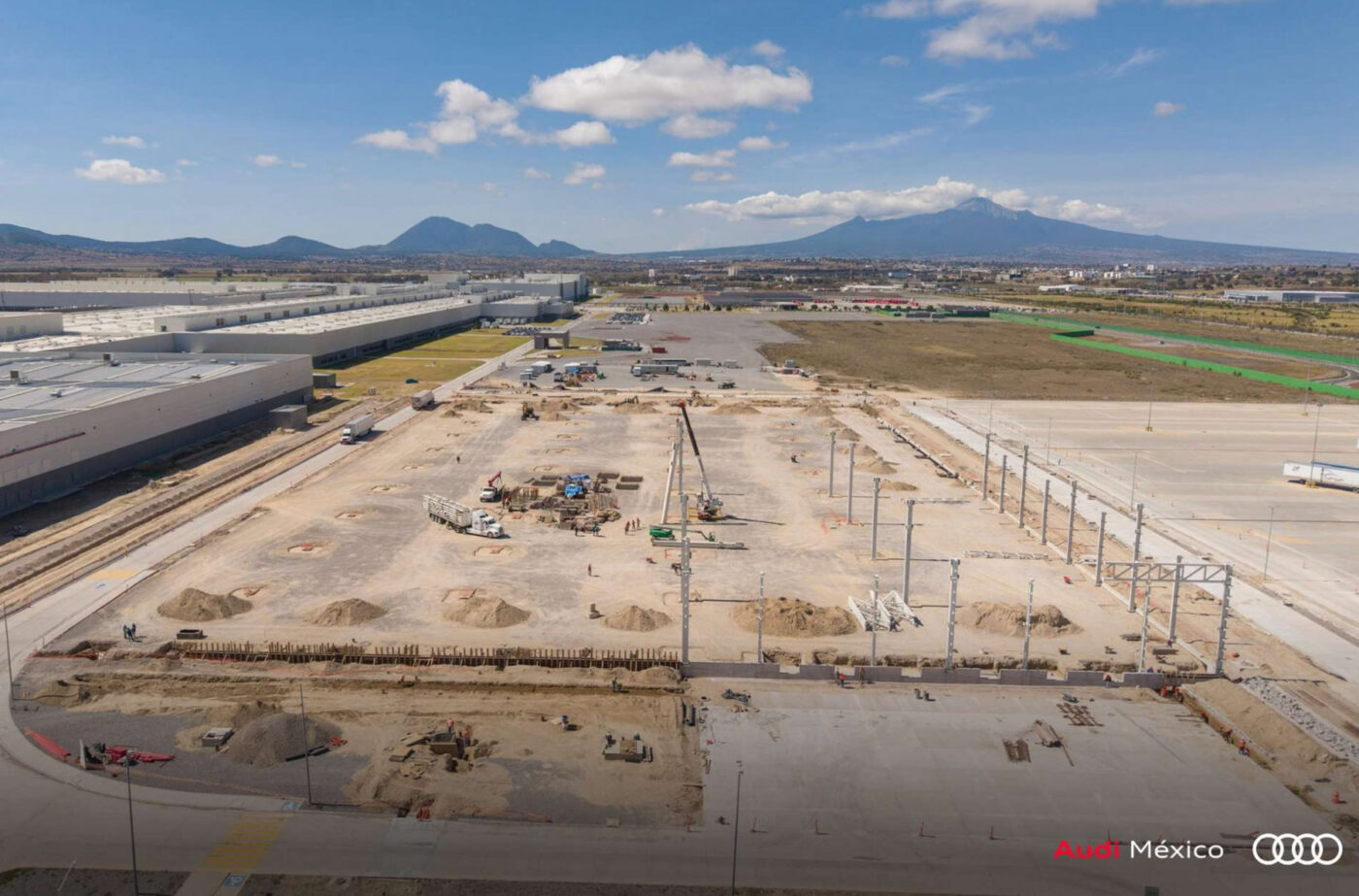
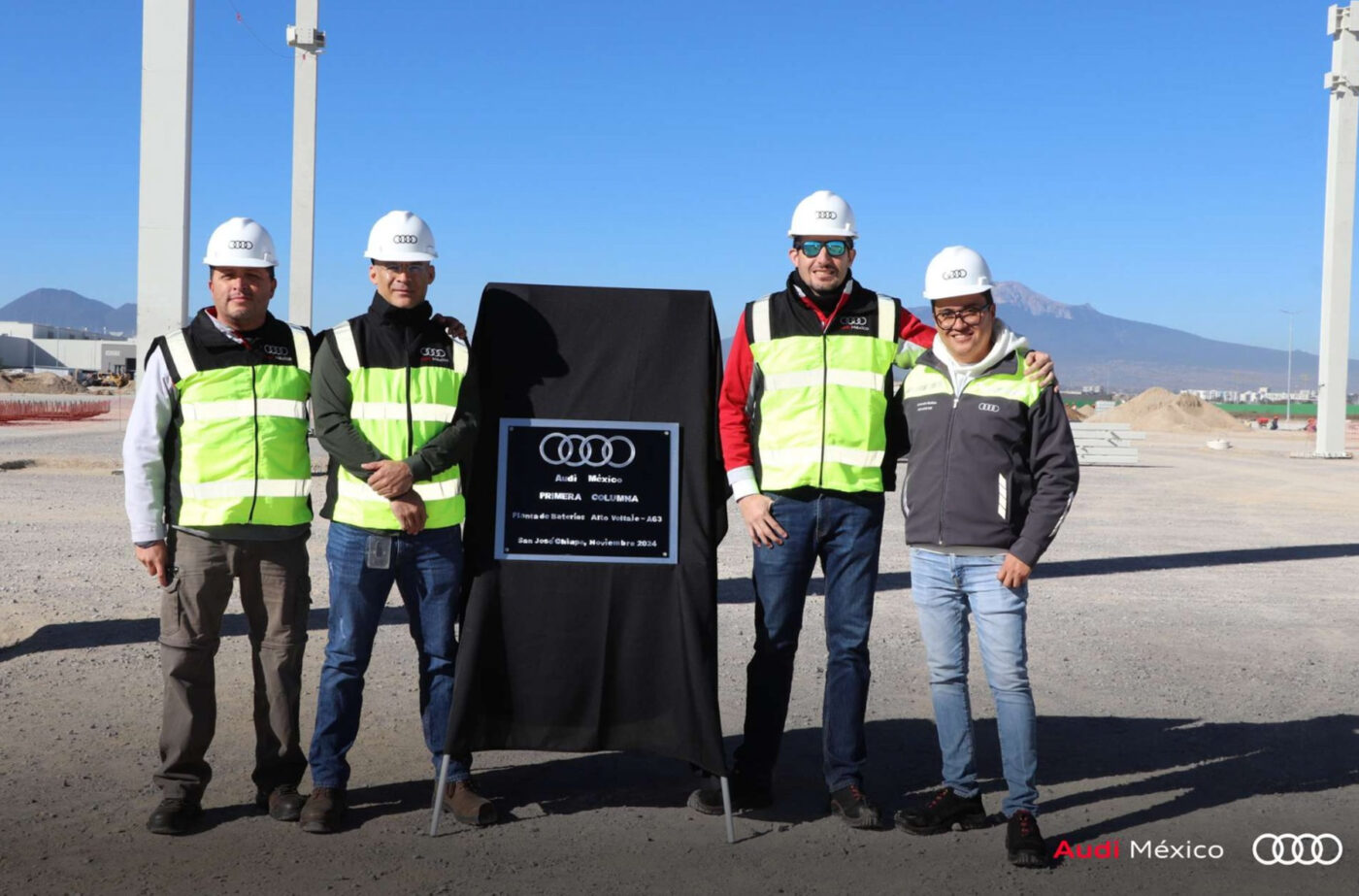
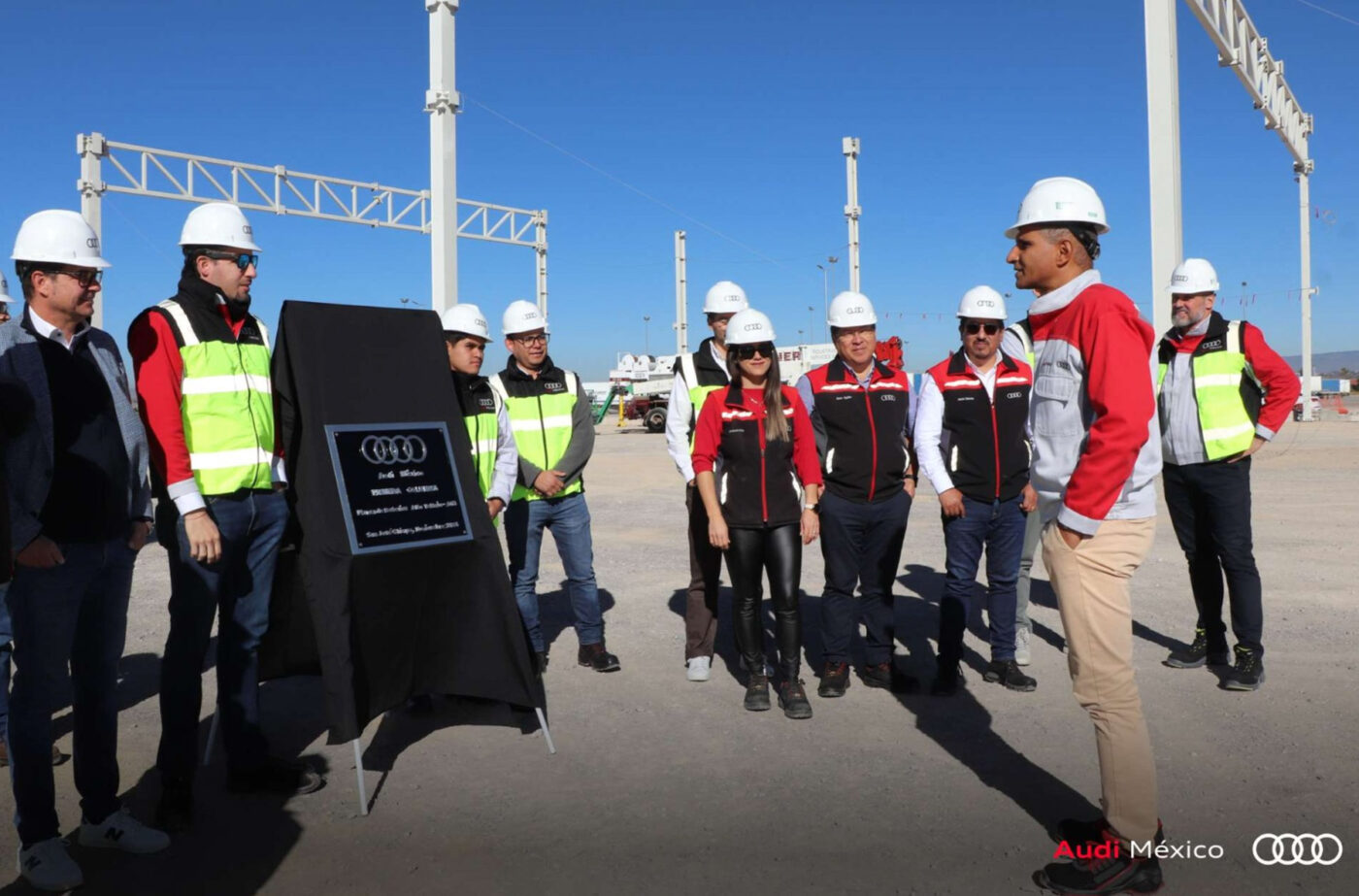
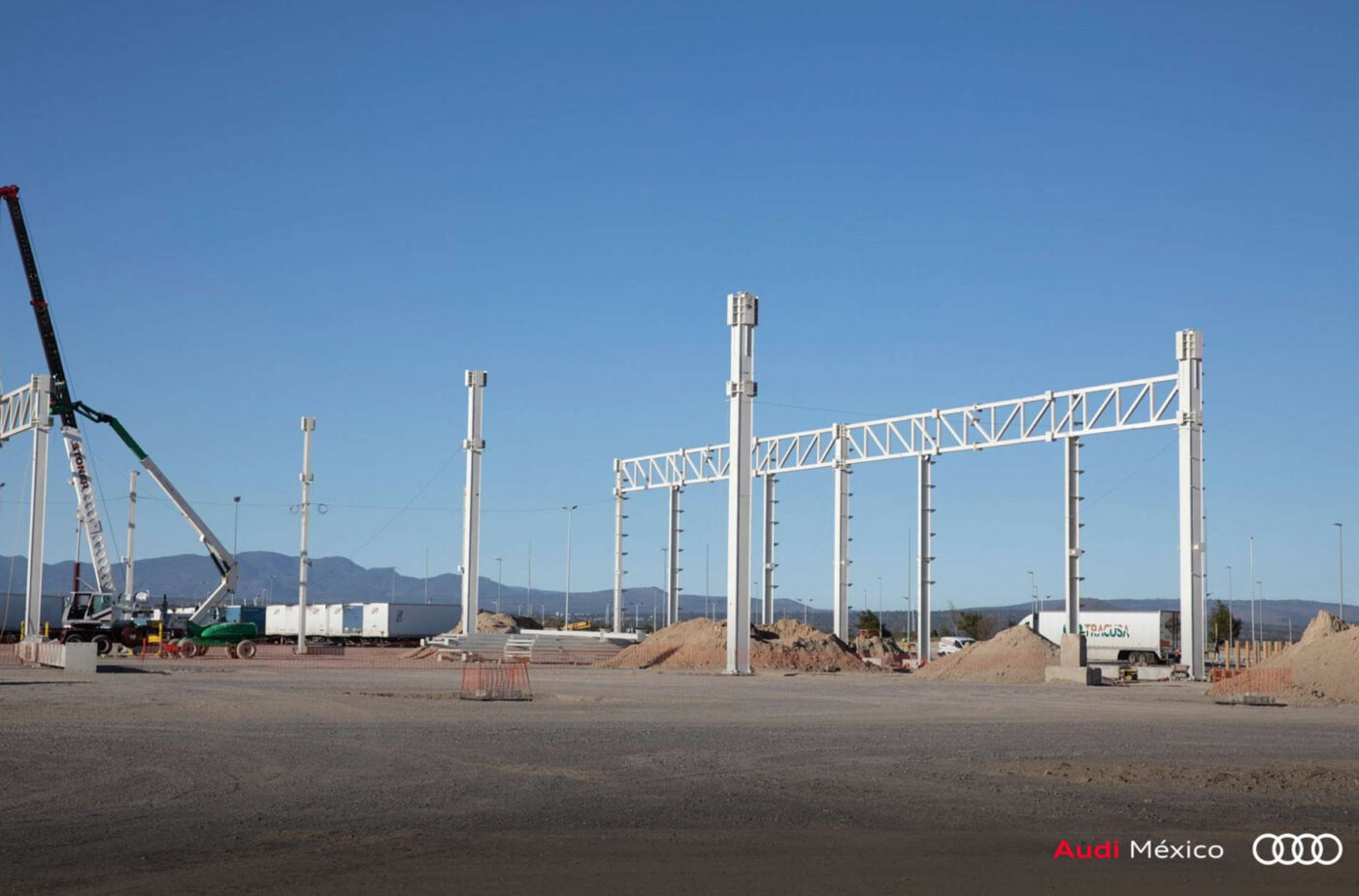
There is no further information yet on the battery packs or the vehicle that will use these batteries. It is likely to be a large electric SUV based on the PPE. As mentioned above, Audi had decided to discontinue production of the Q8 e-tron at the Brussels plant (the plant is scheduled to close in February 2025) and to manufacture the electric SUV in Mexico closer to the main sales markets in North America. It is also not known from which supplier and from which plant the cells come that Audi processes into battery packs in San José Chiapa.
However, the origin of the cells and raw materials could become an important factor: In the US, there are strict regulations that an electric car and its battery pack must fulfil in order to qualify for the tax credit. However, the future of the subsidy under the newly elected US President Donald Trump is unclear. Incidentally, that also applies to the economic viability of production in Mexico itself: the southern US neighbour has attracted numerous investments from the automotive industry in recent years to produce cars there at lower costs and then sell them duty-free in the US. Trump is threatening neighbouring countries Canada and Mexico with import duties of 25 per cent if they do not take action against migrants and drug smuggling.

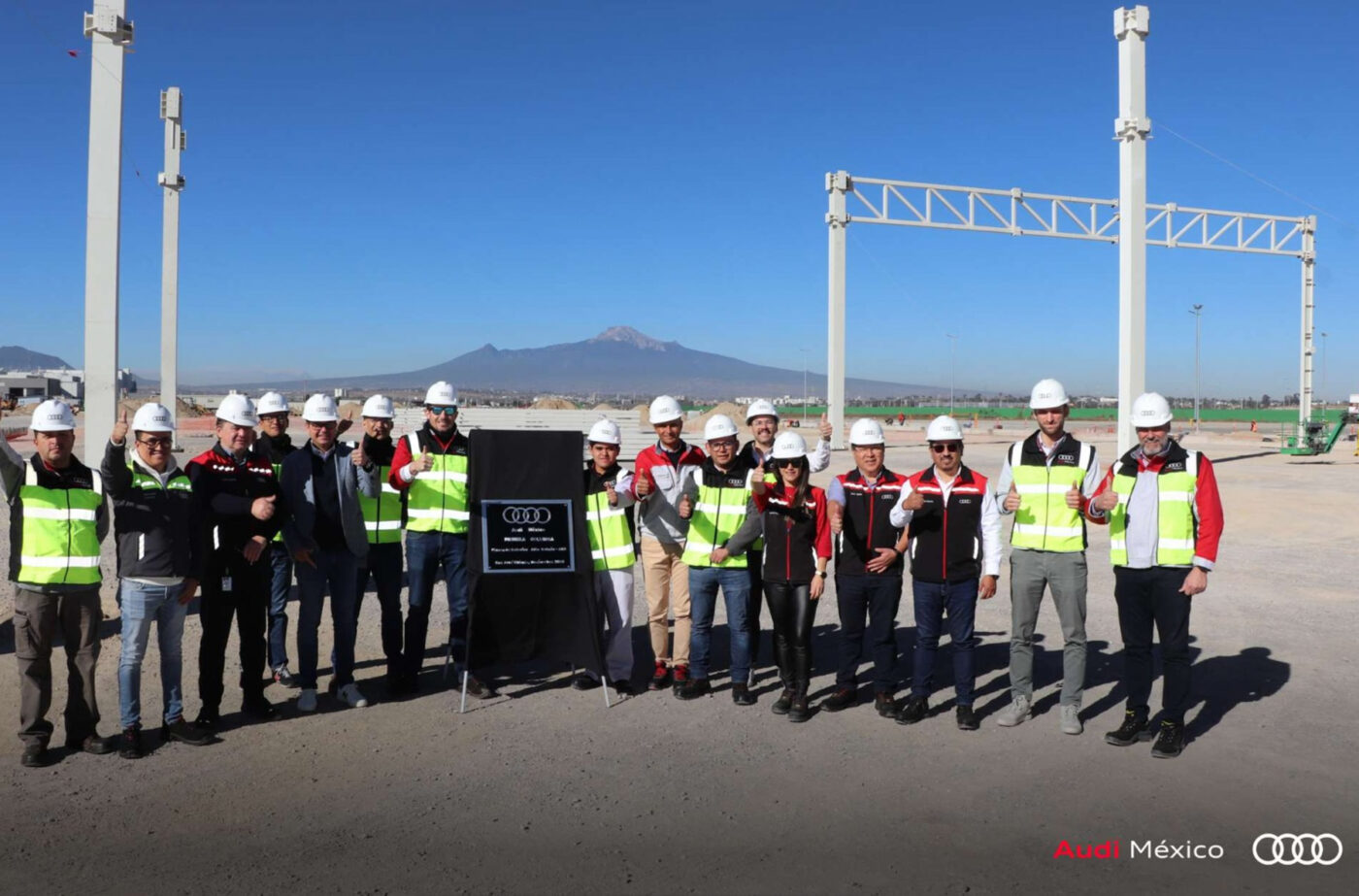
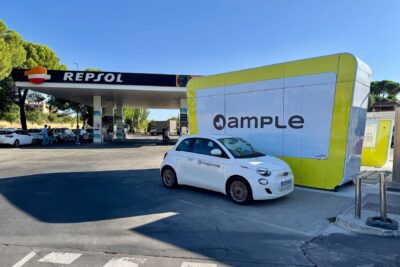

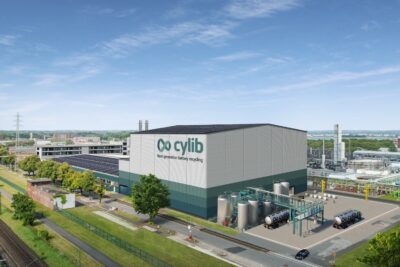
0 Comments